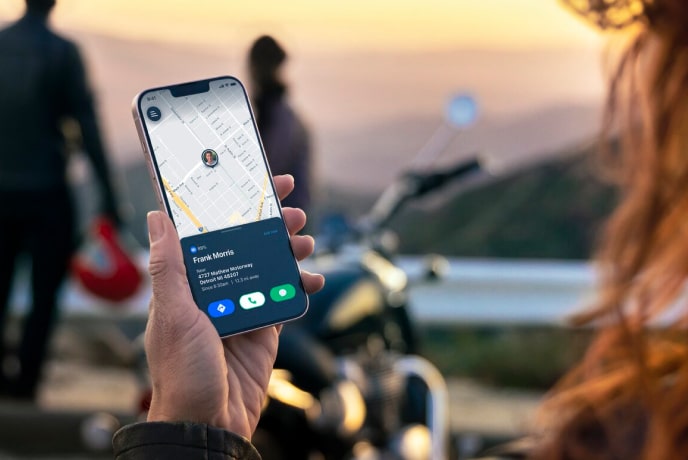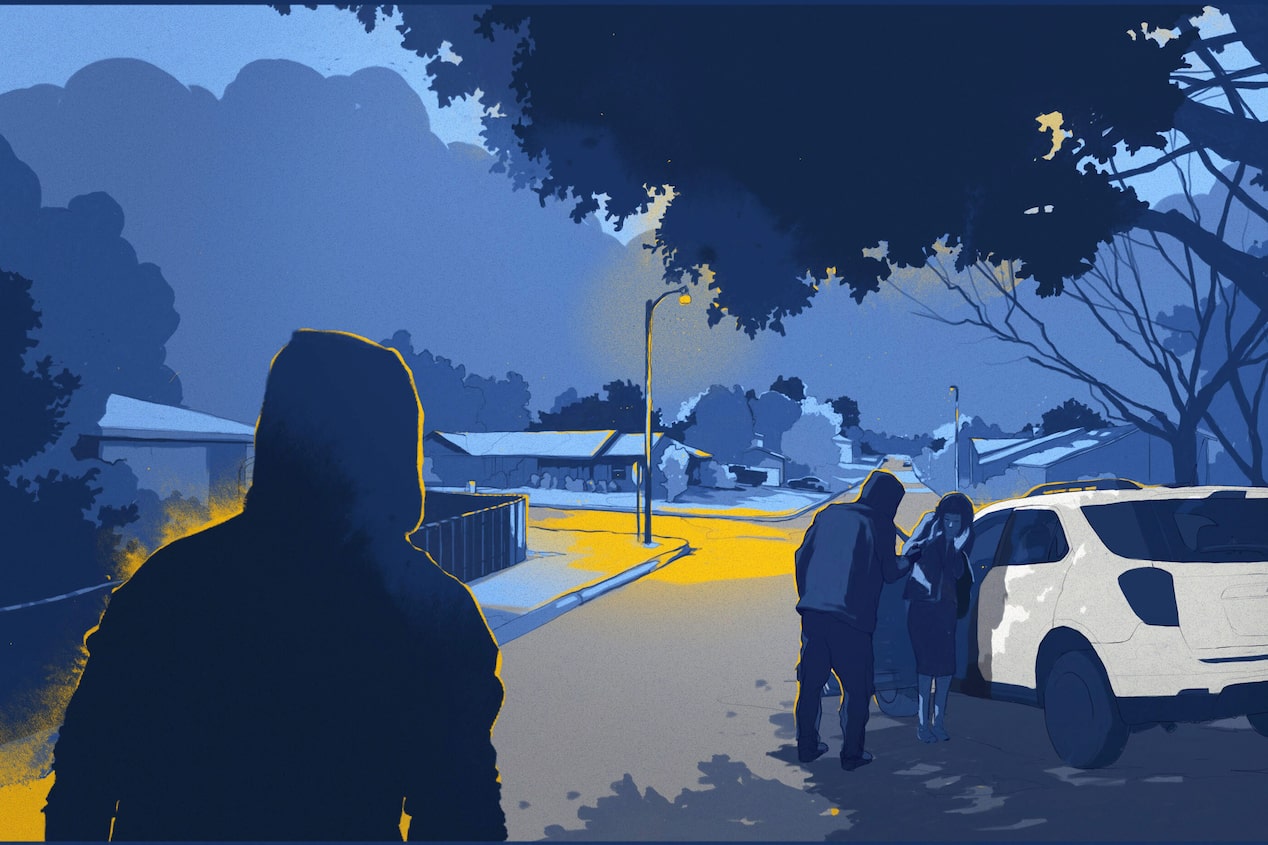What you need to know about the 2022 hurricane forecast, and how OnStar can offer assistance if you’re in the path of a storm
The 2022 Atlantic hurricane season is likely to be a dangerous one. Though this year is not forecast to be as severe as the record-breaking 2020 season, researchers at Colorado State University predict an active hurricane season for the Atlantic Basin, with an expected 19 named tropical storms, nine hurricanes and four major hurricanes. Those are above-average numbers for hurricane season, which NOAA defines as lasting from June 1 through November 30.
While tropical storms primarily affect the Gulf Coast and Eastern Seaboard, many parts of the country also experience heavy rains and floods each year as a result of hurricanes and other severe weather. That’s why it’s so important for everyone to be ready for potential storms.
Crisis Assist is here to help
In any weather-related emergency, specially trained Advisors are available 24/7 to help Members. They can provide driving directions away from the storm, help find scarce resources like fuel or hotel rooms, or connect you to loved ones. You can also push the blue OnStar button to contact Advisors for up-to-date information about the crisis, but if you’re ever in danger, always push your red Emergency button to reach OnStar Emergency-Certified Advisors.
5 things to know about Crisis Assist
Learn more about this crucial service that can be activated during emergencies.
Get ready and prepare now
The 2021 Atlantic hurricane season was intense, though less severe than record-setting 2020. The season produced 21 named tropical storms, including seven hurricanes, of which four were classified as major. An average hurricane season includes 14 named storms, seven hurricanes and three major hurricanes, according to NOAA’s most recent definitions.
Hurricanes classified as Category 3, 4 or 5 are considered major because their higher wind speeds mean a higher potential for significant damage and loss of lives. With the devastating impacts of recent hurricane seasons, and a likelihood of more severe storms this year, it’s smart to revisit your disaster plans and prepare now.
The following tips will help you get started:
- Plan to receive emergency alerts and warnings from multiple sources (TV, radio, phone).
- Build an emergency kit and be sure to pack these must-have items in your vehicle.
- Help protect yourself and your family by creating a family communications plan.
- Know the risks of your surroundings. Do you live in a flood-prone area?
- Create an evacuation plan. Where do you plan to go if you need to evacuate?
- Make sure your plan accounts for any specific needs for your family.
- Identify how you can register in your community if your family has specific needs, and then register.
- Download the Guardian app so you can have access to key OnStar safety services anywhere, even when you’re not in a vehicle.
- Familiarize yourself and your family with the Location Status
* feature within the Guardian app so you’ll know how to view and share locations with one another in case you get split up or need to share your whereabouts. - Follow OnStar on Twitter. During a crisis, we share real-time updates and key information via Twitter to help those in the affected area find resources and keep up with the latest news.
- Have a plan to care for any pets.
- Know the emergency plans at your work and your children’s schools.
- Familiarize yourself with how Crisis Assist can help.
- Finally, practice your plan with your family.
Additional resources
Ready.gov, a national public service campaign created by the U.S. Department of Homeland Security and FEMA, offers detailed guidance on how to prepare for a hurricane and other disasters.





